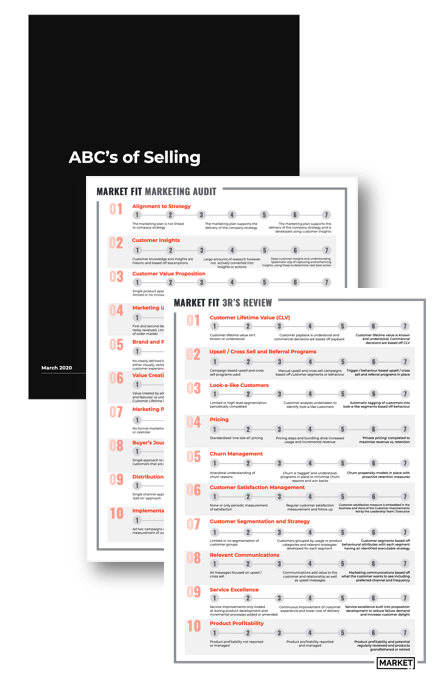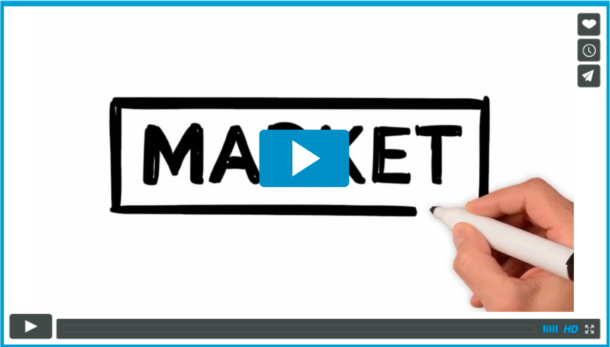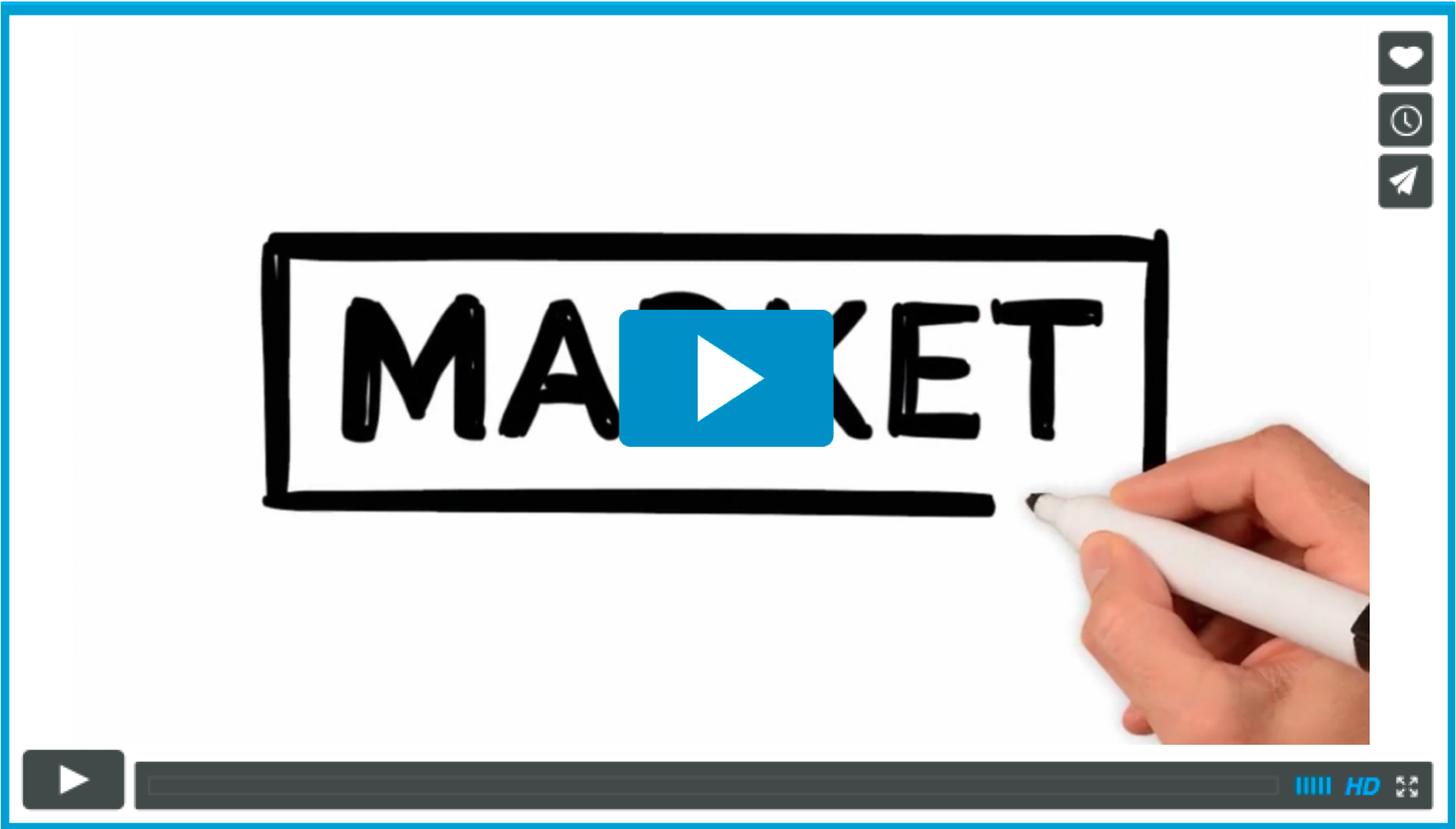Last week I denied being an Amazon fanboy, however, I will put my hand up and say I’m definitely am a Tim Ferriss fanboy, and those that often read this blog will know I listen to a lot of his podcasts and read all his books.
I had a double delight this week when Tim’s podcast was a summary of another podcast that I have recently been devouring and was trying to figure out how to write up all of the lessons. The Masters of Scale. So this week I’m going to summarise the summary.
Masters of Scale: Is a podcast by LinkedIn co-founder and Greylock VC partner Reid Hoffman, who interviews Silicon Valley legends, and explores his philosophy on how to scale a business. You might have heard of some of his guests – true icons from the Valley, Eric Schmidt (Google), Mark Zuckerberg (Facebook) Sheryl Sandberg (Facebook), Reed Hastings(Netflix), Mariam Naficy (Minted) and a heap others
The summary of the summary goes like this….
Commandment 1: Expect rejection.
The first truth of entrepreneurship and investing is that the very big ideas are contrarian because the contrarian is part of the reason why a bunch of large companies and competitors haven’t already done it, why a bunch of other entrepreneurs haven’t already succeeded at it. And so that leaves the space for the creation of something—and to create something big, you have to have that initial space. For example, in the early stages of Google, search was a terrible way of making money in advertising, because advertising is time-on-site. This is the key: You have to pay attention to the quality, not the quantity of rejections.
Commandment 2: Hire like your life depends on it. It does.
Hiring the right people can make or break a company and here are three pieces of advice…
SCHMIDT: The combination of persistence and curiosity is a very good predictor of employee success in a knowledge economy.
ZUCKERBERG: I’ve adopted this hiring rule, which is that you should never hire someone to work for you, unless you would work for them in an alternate universe.
SANDBERG: The lesson everyone talks about, but I really mean, is you really do want to hire people who are better than you are, and who are different than you are.
Commandment 3: In order to scale, you have to do things that don’t scale.
In order to scale, you have to get your hands dirty. Hand-craft the core experience. The first thing you have to do is build a product that is so good, people spontaneously want to use it and tell their friends about it. And if you can do that you still have to blitz scale but it’s the easy kind it’s you have too much demand. If you want to build something that’s truly viral you have to create a total mindfuck experience and tell everyone about it. So I think the number one most important insight about how to Blitz scale is that the good kind of blitz scale is when you are not having to generate demand as you go but that you first got the product right.
Commandment 4: Raise more money than you think you need — potentially a lot more.
Always raise more money than they think they need because as an entrepreneur, you’ll run into a minefield of unexpected expenses. Have enough money to cover your ‘plan b’ or ‘plans b’
Commandment 5: Release your products early enough that they can still embarrass you. Imperfect is perfect.
Pushing imperfect things out, testing them and improving them with user feedback — instead of waiting until you think you have something perfect. Facebook used to have a saying, “Move fast and break things” this has now changed to the less catchy “Move fast…with stable infrastructure”. At any given point in time, there isn’t just one version of Facebook running, there are probably 10,000. Any engineer at the company can basically decide that they want to test something. There are some rules on sensitive things, but in general, an engineer can test something, and they can launch a version of Facebook not to the whole community, but maybe to 10,000 people
You have to unlearn how to be a perfectionist. Release a product earlier than you’d like. Release, observe, react—over and over again. It isn’t just about speed, and it certainly isn’t about sloppiness.
This is how Zuckerberg tests things and he has a pretty high “OK, is this going to destroy the company? Because if not, then let them test it.”
The core idea here is that you have to experiment if you’re going to effectively innovate.
Commandment 6: Decide. Decide. Decide.
You have to learn how to make decisions. It’s better to make a wrong decision than no decision.
The most important thing to do is to have quick decisions—and you’ll make some mistakes, but you need decision-making.
Most large corporations have too many lawyers, too many decision-makers, unclear owners, and things congeal—they occur very slowly. But some of the greatest things happen very quickly. Google made the decision to purchase YouTube in about 10 days!
Commandment 7: Be prepared to both make and break plans.
In a fast-growing organization, leaders have to be ready to pivot. Every day, there are new competitors, new threats, new opportunities. Mark Pincus states ‘I’ll try anything, and I’ll kill anything, and I’ll kill it quickly. This willingness to kill ideas is essential to making innovation work.
What is important is that when the decision is made, everybody gets behind it. (Look out Amazon reference disagree and commit)
Commandment 8: Don’t tell your employees how to innovate.
Manage the chaos. Many creative people find that leading an innovative company actually means a lot less of producing your own great ideas, and a lot more of shepherding your employees’ great ideas to fruition. Google famously gives employees 20% of their time to work on projects they want to. Remember you can’t always schedule innovation on a predictable timeline.
Commandment 9: To create a winning company culture, make sure every employee owns it.
This commandment is very often overlooked, and many founders, especially inexperienced ones, downplay the role of culture in their success. The most famous view of how to form a culture and hire people that fit was the Netflix culture deck that has 16 million views on SlideShare and continues to be studied around the world.
Commandment 10: Have grit and stick with your hero’s journey.
Stick with the hero’s journey. You need to have the grit and stay on your hero’s journey. Some people mistake grit for sheer persistence. Charging up the same hill, again and again. But that’s not quite what I mean by the word “grit.” The sort of grit you need to scale a business is less reliant on brute force. It’s actually one part determination, one part ingenuity, and one part laziness (You want to conserve your energy. You want to minimize friction and find the most effective, most efficient way forward).
But don’t take my word for it, listen to Tim’s podcast or better yet the original series, enjoy.
KS
This post originally appeared on The Exponential Agency




